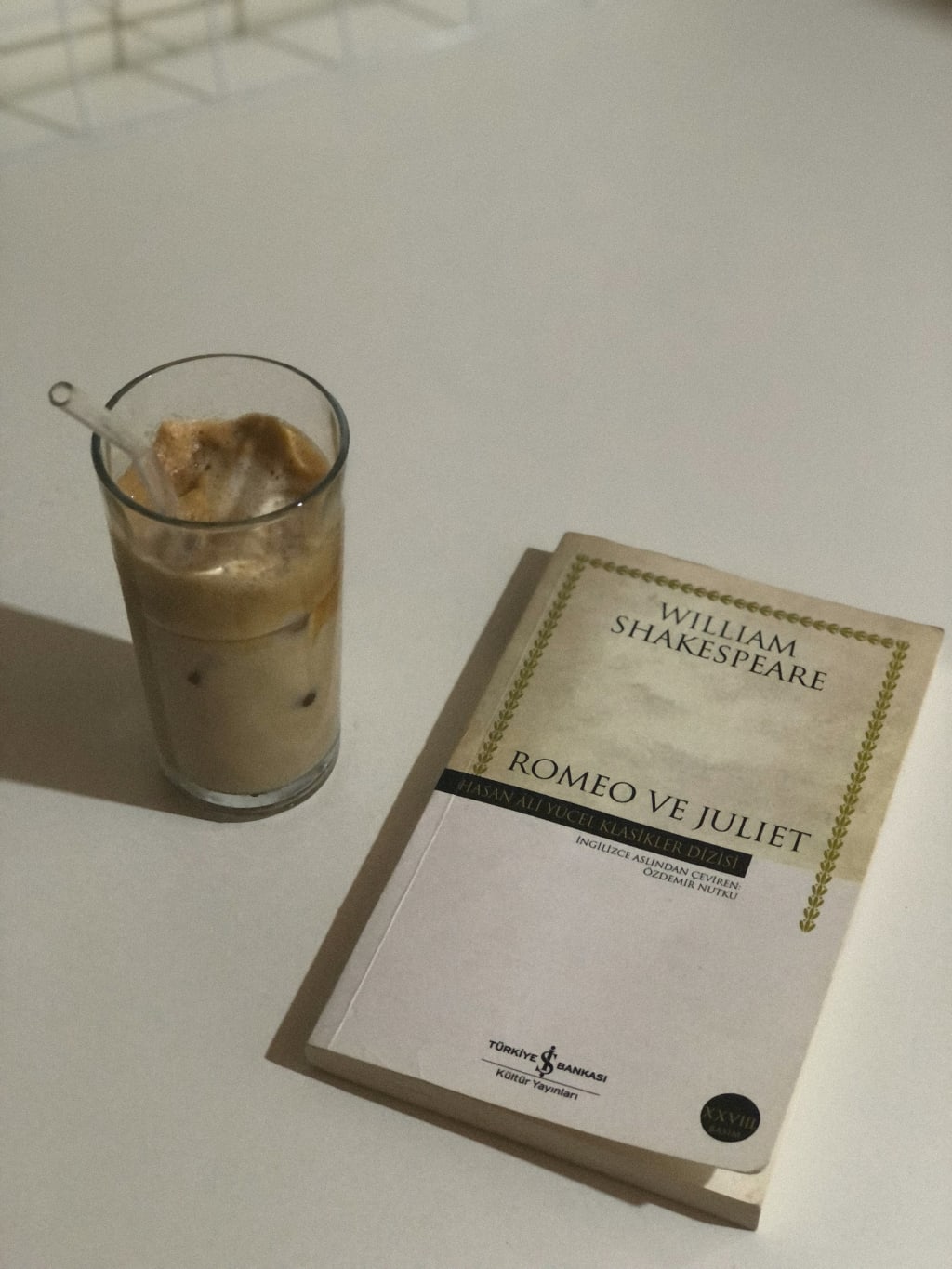Echoes of Valor: Unraveling the Tragedy of Coriolanus
Unraveling the Tragedy of Coriolanus

Standing tall amidst the tumult of William Shakespeare's theatrical tapestry, Coriolanus, crafted around 1608, resonates as a symphony of ambition, love, and fatal flaws. Nestled within his Roman quartet, it emerges as the Bard's final exploration of tragic catharsis, a poignant tapestry woven from the threads of Plutarch's "Lives of the Most Noble Grecians and Romans." Though shrouded in the mists of time, Coriolanus, unlike its print-less life in Shakespeare's day, endures, etched within the pages of the 1623 First Folio.
At its heart pulses the indomitable Caius Martius, a warrior etched in steel and valor. Unlike the typical Shakespearean hero, he carries the weight of family on his shoulders, sharing his hearth with his formidable mother Volumnia, his steadfast wife Virgilia, and their young son Martius Junior. But Martius is no gentle shepherd; he is a lion unleashed, a whirlwind on the battlefield. When Rome faces the Volscian threat, it is Martius who stands as the city's bulwark, his sword carving a path through enemy ranks. In a clash of iron wills, he confronts General Tullus Aufidius, a rival consumed by envy, and emerges victorious, claiming the spoils of Corioli and earning the honorific "Coriolanus." Triumphant yet wounded, Coriolanus returns to Rome a conquering hero, but the seeds of his downfall have already been sown.
While Aufidius seethes in the shadows, licking his wounds and plotting revenge, Coriolanus finds himself caught in a different kind of battle. Thrust into the arena of Roman politics, he navigates a treacherous landscape of ambition and intrigue. His disdain for the plebeians clashes with the demands for populism, his unyielding nature grating against the whispers of political maneuvering. Volumnia, a woman of steely resolve, pushes him towards the thorny path of seeking the consulship, her ambition mirroring his own, both fueled by a fierce patriotism. But Coriolanus, a warrior forged in the heat of battle, struggles to adapt to the dance of political compromise. His blunt honesty, an asset on the battlefield, becomes a liability in the forum, and his disdain for the common man fuels the flames of resentment.
Tragically, Coriolanus' fatal flaw blossoms - an inability to temper his pride and embrace the necessary humility of political life. His refusal to woo the fickle masses, to play the game of public adulation, seals his fate. He is banished from Rome, stripped of his title and family, condemned to walk the path of exile. Forced to seek refuge with his sworn enemy Aufidius, Coriolanus is confronted with an agonizing choice: remain loyal to his city that cast him out, or embrace vengeance and become the instrument of its destruction.
In the crucible of this inner conflict, Coriolanus is consumed by a maelstrom of emotions. Pride wars with love, patriotism with betrayal, and honor with despair. His mother, Volumnia, emerges as a figure of both strength and manipulation, pleading for him to swallow his pride and return to Rome to save the city, even if it means sacrificing his own integrity. Her plea resonates with a heartbreaking duality, a mother's desperation intertwined with a yearning for her son's glory.
Coriolanus marches, torn between his love for Rome and his hatred for those who exiled him. He stands at the gates of his once-beloved city, not as a conquering hero, but as a potential conqueror. In that final confrontation, Shakespeare crafts a masterpiece of tragic irony. Coriolanus, the warrior renowned for his strength, succumbs to the pleas of his mother, not the machinations of his enemies. In sacrificing his vow to Aufidius, he unwittingly seals his own doom, assassinated by those who feared his power and resented his defiance.
Coriolanus, with its echoes of valor and the bitter sting of betrayal, endures as a timeless portrait of the tragic hero. It is a study in the pitfalls of pride, the complexities of family dynamics, and the seductive yet treacherous allure of power. In exploring the contradictions of a man larger than life, Shakespeare delivers a poignant reminder that even the mightiest warriors cannot conquer their own inner demons, and that love, when wielded incorrectly, can be as destructive as the sharpest blade.






Comments
Walaa Mohamed is not accepting comments at the moment
Want to show your support? Send them a one-off tip.